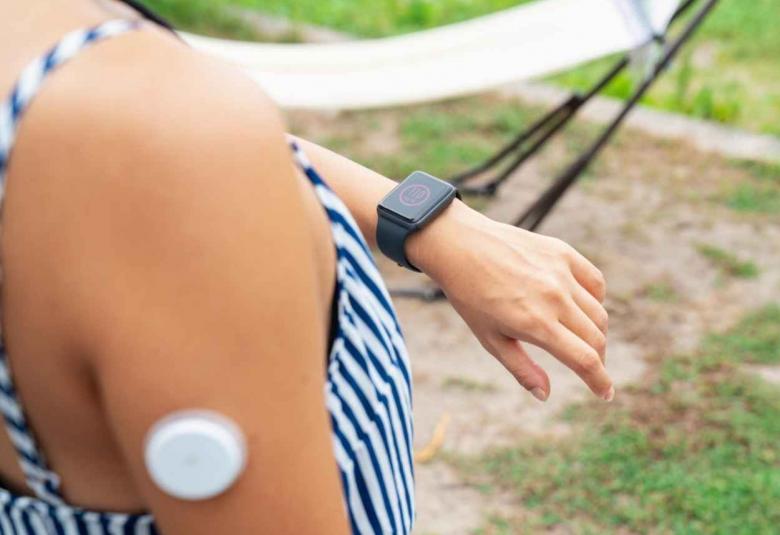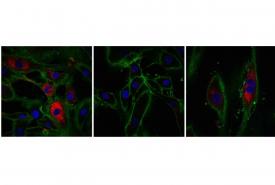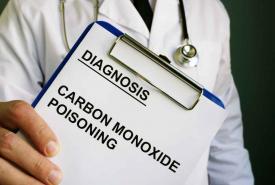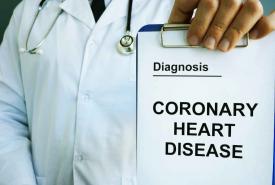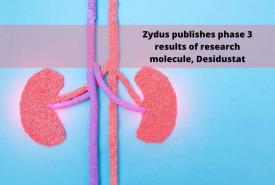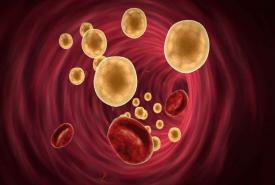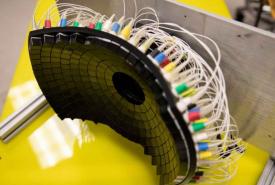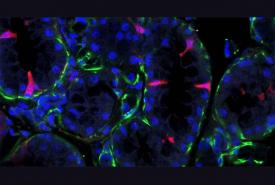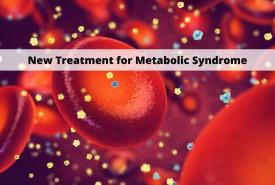Future wearable health tech could measure gases released from skin
Scientists have taken the first step to creating the next generation of wearable health monitors. Most research on measuring human biomarkers, which are measures of a body’s health, rely on electrical signals to sense the chemicals excreted in sweat. But sensors that rely on perspiration often require huge amounts of it just to get a reading.


